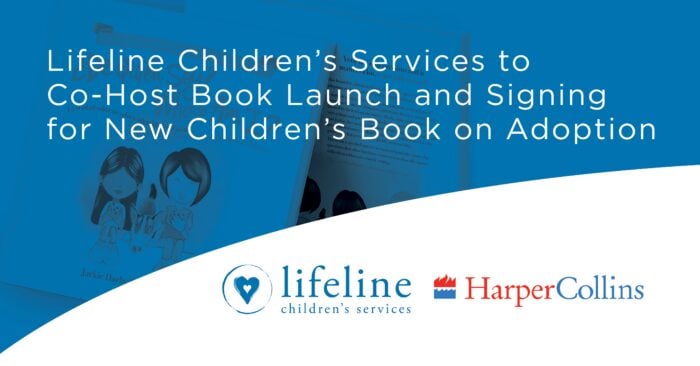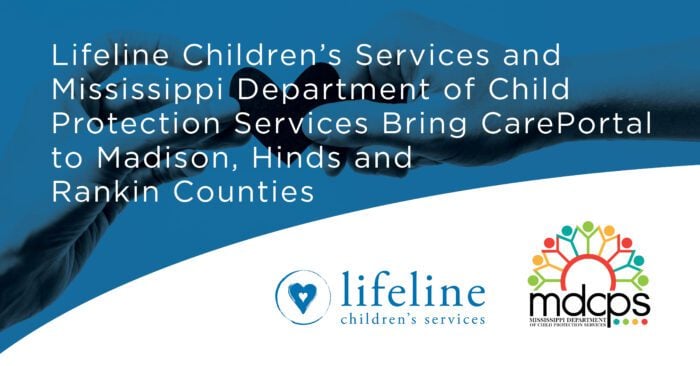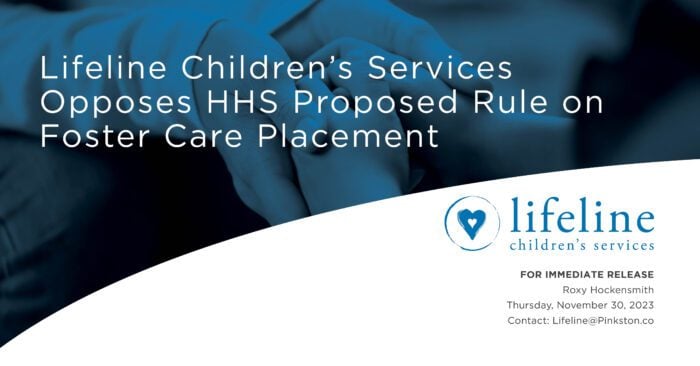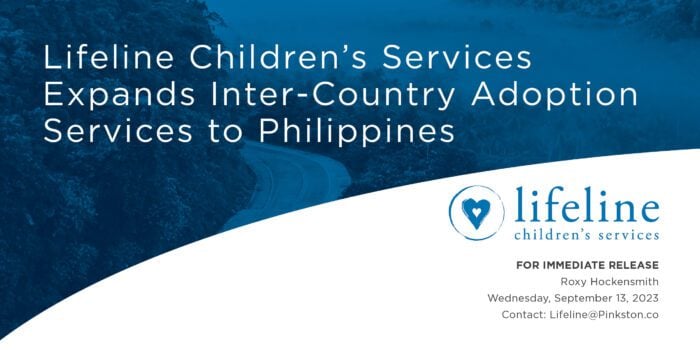In Families Count, we teach parent’s about learned behaviors.
In my words, these behaviors are ones that you acquire in your lifetime through interaction with your environment, or by being taught. Often these are not taught through sit down lessons, but rather by being immersed in an environment where a behavior unfolded consistently and frequently. Eventually, it becomes a normal way to conduct yourself. We may even recognize family patterns of learned behaviors- actions that have been passed down from parent to child for several generations. Of course, some learned behaviors are negative and it is important for us to identify those so that we can make changes. This is especially critical to us as parents, because we are now the ones creating the environment where OUR children are being developed.
One of the best places to have your learned behaviors challenged, is the Bible.
Just this week I came across a couple of passages that confronted not only my own conduct, but a generational pattern that exists in my family. The first was Ecclesiastes 10:4 [ESV], which says in part ‘Calmness will lay great offenses to rest’. Very similar to this is Proverbs 25:15 [NIV], ‘Through patience a ruler can be persuaded, and a gentle tongue can break a bone’. Now honestly, growing up in my home – if a great offense took place, the typical response was not calmness. And likewise, a gentle tongue was not viewed as a choice weapon by which a battle could be won. Misconduct provoked a quick response, complete with quickly elevated voices and stinging words. Arguments were typically marked by increasingly harsh tones of voice, discouraging observations, and carried along by a determination to talk over each other as loudly as possible. Today, I have an understanding that this way of exercising parental discipline and working through marital disagreements had existed in both of my parents’ families to varying degrees. And truthfully, I was not immune. I had learned, at least in part, some of these same traits. They worked themselves into my own parental discipline and relationship with my wife. I had learned through my environment that a loud voice and stinging words would win the day. And without a course correction on my part, my children will grow up to learn the same.
Of course, I do not think the Bible forbids righteous anger or frustration against sin. Nor do I think a stern voice is always out of place. If a child consistently misbehaves – there should be a strong response. The bible teaches that it is out of love and a desire for good that a parent disciplines their children [Hebrews 12:9-10]. But the Bible also teaches us that the heart is the wellspring of life, and ‘everything you do flows from it’ [Proverbs 4:23]. And no combination of volume and vocabulary have the ability to change someone’s heart. Our frustration – James teaches [James 1:20] – will never create right attitudes and beliefs in our children, or in our spouse. So the conclusion James reaches, in light of this, is that we should be quick to listen and slow to speak; and we should control our anger and the actions that proceed from it. Because in the final analysis, our humanity will never yield spiritual health in others.
The word calmness in Ecclesiastes 10:4, can also be translated healing. So it could be said that, ‘healing will lay great offenses to rest’. And yes, this is so true! Every offense, every conflict, every misbehavior, every wrong attitude in us, in our spouse and in our children, is a byproduct of the sin of our first father and mother in Genesis 3. That event created in us a flesh that craves self-satisfaction, which often requires rebellion against authority. And every human on earth is clothed in this flesh. And it is only by the sacrifice of Jesus Christ, the son of God, on the cross that this flesh can be overcome. ‘By HIS wounds, we are healed’ [Isaiah 53:5], because He has laid all of our offenses to rest. And it is a trust in HIS work, that frees us from the need to respond to sin with more sin. That trust will work itself out in prayer for our own hearts, and the hearts of our children and our spouse. And that trust will free us to confront misconduct in those closest to us with calmness, patience and with a gentle tongue. For the parent, this will be a tongue that while at times stern, will also speak healing through the gospel.




